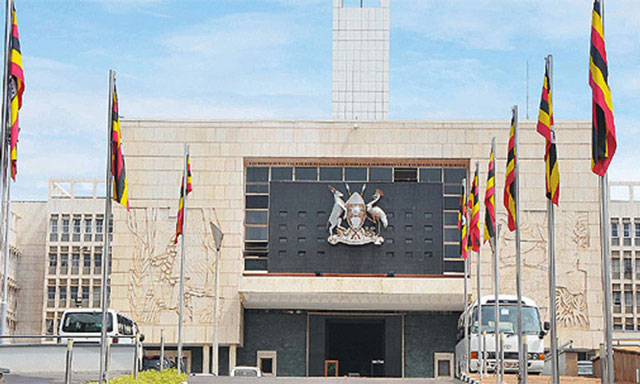
Who is a moral candidate for parliament: the candidate who promises electricity or one who distributes cash to voters?
THE LAST WORD | ANDREW M. MWENDA | Someone sent a quote allegedly from a one “Prof.” PLO Lumumba to an internet chatgroup I belong to. Lumumba seems to have run for a parliamentary constituency in his native country of Kenya. He is alleged in the aforementioned quote to have complained that: “I held 250 town hall meetings. I articulated solutions to our problems in my constituency. My opponent did not campaign at all. He gathered money and showed up one day to elections. He distributed money. He won. Africans are not moved by ideas. Their stomach leads them.”
Lumumba’s argument is important for both moral and economic reasons even though his use of one incident to conclude about “Africans” is far-fetched. Besides who is the best judge of the appropriate “solutions” for the constituency? In democratic theory, the voter has the final say. They may have listened to Lumumba in those 250 town hall meetings and concluded that his solutions do not serve them well. Could the candidate who gave money been more responsive to voters’ needs?
Elections take place in a context. In a country like Kenya, politicians make many unrealistic promises on service delivery. So, after elections the voters realise that the promised roads and bridges, schools and hospitals, water and electricity lines did not materialise. In short, voters have an experience on the basis of which they make decisions. When Lumumba comes and makes the same promises they have listened to before and been disappointed, they do not believe him. However genuine Lumumba may have been, it is hard for voters to distinguish him from past candidates.
There is a second experience voters derive from elections. Whenever they have elected a legislator, they have noticed that his/her personal fortunes greatly improved compared to their own. Being an MP in Kenya brings immense personal benefits: economic (income), political (power), social (prestige) and cultural (status) to the elected individual. For a rational voter who knows these personal benefits to the MP compared to the disillusionment with and/or poverty of public policy deliverables, it is better to extract something from the MP before they disappear in the capital.
Therefore, it seems to me that Lumumba’s opponent had better political smarts. He understood the psychology of the voter and decided to cash his promises in advance. Rather than hold 250 town hall meetings, it is better to share your expected earnings with voters in advance because they cannot trust your promises. When a candidate for parliament gives voters money, their benefit from him becoming an MP is certain – they share in the income he will earn. However, when a candidate promises public policy benefits, such a promise can only be met in the future, so it is uncertain. And experience shows it rarely translates into reality anyway.
Therefore, rational voters will choose the man who distributes cash over one who makes public policy promises. This is not because they only care about their stomachs. It is because they understand their reality better. In this situation Lumumba is an armchair theoretician who wants to impose his vision on the masses who know better. In any case, why does Lumumba think voters should accept his proposed solutions? He cannot be the originator of his own ideas and the judge of their efficacy.
The post The challenge of democratic politics appeared first on The Independent Uganda:.
from The Independent Uganda: https://ift.tt/2U23k3o
0 Comments